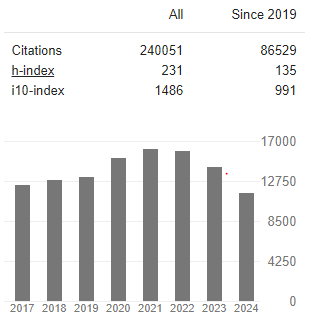Delays in Cancer Diagnosis: Review of a Theoretical Literature
Abstract
Jehovanis Manirakomeye
Cancer diagnosis which is made at a later stage than it could have been, due to various reasons such as missed or misinterpreted symptoms, delayed medical consultations, or delayed diagnostic tests, is a significant public health issue which sequentially affect the prognosis and survival rates of cancer patients. A late cancer diagnosis can have devastating consequences as many patients miss an important window of time in which cancer treatment can be most effective. As a result, time left untreated can allow cancer to grow and spread to other parts of the body, making treatment even more difficult or impossible at all.
A literature review of relevant studies reveals several factors that contribute to delayed cancer diagnosis, including patient-related factors, healthcare system-related factors, and provider-related factors. Commonly and even strange- ly, for some type’s cancer, patients do not exhibit clear signs until later stages with which the cancer may have me- tastasized to other parts of the body. This can be seen when cancer screening indicated false negative results, and in this case, delayed diagnosis is unavoidable due to lack of observable symptoms.



